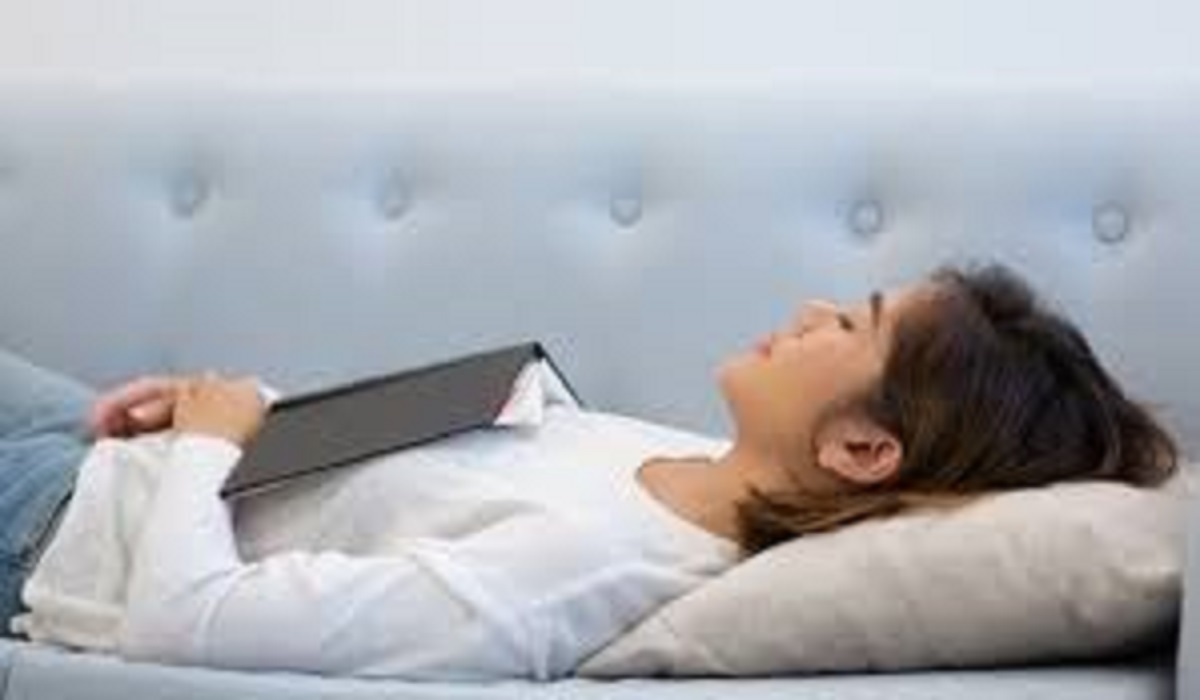Nap benefits creativity memory
Nap benefits creativity memory: In today’s fast-paced world, sleep is often sacrificed in favor of productivity. But what if the key to better performance, creativity, and memory lies in strategic napping? The debate over whether snoozing hurts or helps has been ongoing, with conflicting opinions from sleep experts.
This comprehensive guide explores the latest research on napping, its effects on cognitive function, and whether hitting the snooze button is beneficial or harmful. We’ll also examine how naps can enhance creativity, memory retention, and overall brain health.
The Science of Sleep and Napping
Understanding Sleep Cycles
Sleep is divided into multiple cycles, each lasting about 90 minutes. These cycles include:
- Light Sleep (Stage 1 & 2) – Transition phases between wakefulness and deep sleep.
- Deep Sleep (Stage 3) – Crucial for physical recovery and immune function.
- REM Sleep (Stage 4) – Associated with dreaming, memory consolidation, and creativity.
Napping can tap into these stages, depending on duration. Short naps (10-20 minutes) mainly involve light sleep, while longer naps (60-90 minutes) allow full sleep cycles, including REM.
The Role of REM and Deep Sleep
- Deep Sleep helps with physical restoration.
- REM Sleep enhances learning, emotional regulation, and creative thinking.
Naps that include REM sleep (usually 60+ minutes) are particularly beneficial for memory and problem-solving.
Does Snoozing Hurt? The Truth About Hitting the Snooze Button
Why Do People Snooze?
Many people hit the snooze button because:
- They didn’t get enough sleep.
- Their sleep was interrupted.
- They struggle with sleep inertia (morning grogginess).
The Impact of Fragmented Sleep
Repeatedly snoozing can lead to:
- Sleep fragmentation – Disrupts natural sleep cycles.
- Lower sleep quality – Leads to daytime fatigue.
- Increased stress hormones – Cortisol spikes from interrupted sleep.
Does Snoozing Affect Sleep Quality?
Research suggests that:
- Occasional snoozing may not be harmful.
- Frequent snoozing can train the brain to expect interruptions, worsening sleep quality over time.
The Benefits of Napping for Creativity & Memory
How Naps Boost Cognitive Performance?
Studies show that napping:
- Improves alertness (NASA found a 34% boost in pilot performance).
- Enhances learning (A 20-minute nap can improve memory recall).
- Increases creativity (REM sleep fosters innovative thinking).
The Link Between Napping and Problem-Solving
Famous thinkers like Thomas Edison and Salvador Dalí used naps to spark creativity. A Harvard study found that napping helped participants solve complex problems 60% faster.
Naps and Memory Consolidation
- Short naps help declarative memory (facts & information).
- Longer naps (with REM) improve procedural memory (skills & tasks).
Different Types of Naps & Their Effects
| Nap Type | Duration | Benefits |
|---|---|---|
| Power Nap | 10-20 min | Quick energy boost, no grogginess |
| Recovery Nap | 30-60 min | Enhances memory & motor skills |
| Full-Cycle Nap | 90 min | Boosts creativity & emotional health |
Best Practices for Effective Napping
- Keep it short (20-30 minutes avoids sleep inertia).
- Nap early (Before 3 PM to avoid nighttime sleep disruption).
- Dark, quiet environment (Use eye masks or white noise if needed).
Potential Downsides of Napping
- Sleep inertia (Grogginess after long naps).
- Nighttime insomnia (If napping too late).
- Not for everyone (People with insomnia may struggle).
Napping in Different Cultures & Work Environments
- Siesta culture (Common in Spain, Mexico).
- Corporate napping pods (Google, Nike, Zappos).
- Shift workers benefit from strategic naps.
Expert Opinions & Latest Research Findings
- NASA studies confirm naps improve performance.
- Harvard research links napping to better memory.
- Future trends include workplace nap policies.
FAQs About Napping and Snoozing
1. Is it bad to hit the snooze button every day?
Occasional snoozing is fine, but frequent use can disrupt sleep quality.
2. How long should a nap be to avoid grogginess?
10-30 minutes is ideal for a quick energy boost without sleep inertia.
3. Can napping replace a full night’s sleep?
No, naps are supplements, not substitutes for proper nighttime sleep.
4. Do naps help with studying?
Yes, short naps improve memory retention and focus.
5. Are naps good for anxiety?
Yes, napping can reduce stress hormones and improve mood.
Conclusion
Napping, when done correctly, can be a powerful tool for enhancing creativity, memory, and productivity. While snoozing occasionally may not be harmful, relying on it too much can disrupt sleep quality.
By understanding the science behind sleep and optimizing nap habits, you can harness the benefits of napping without compromising nighttime rest.
